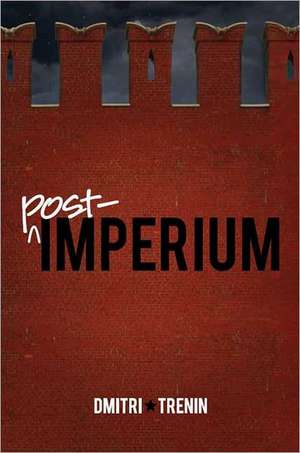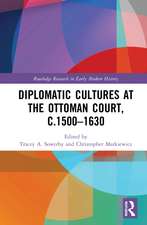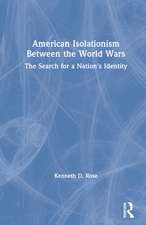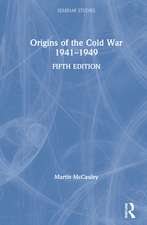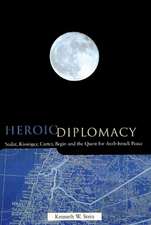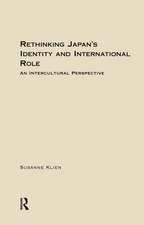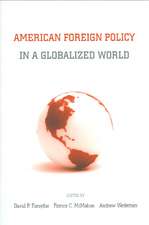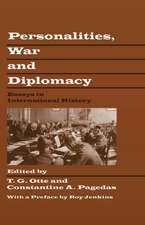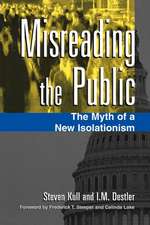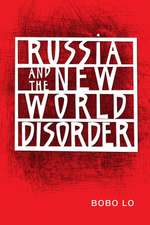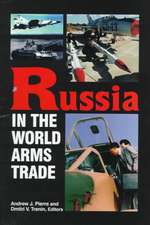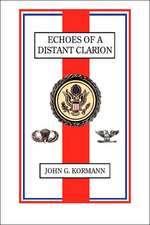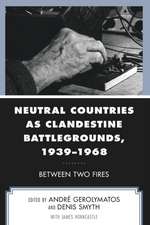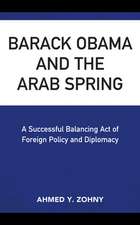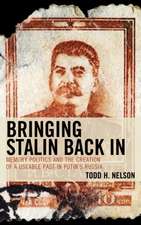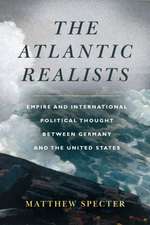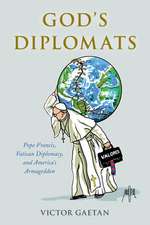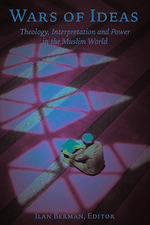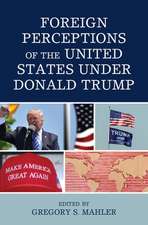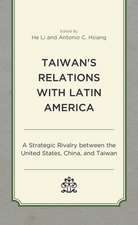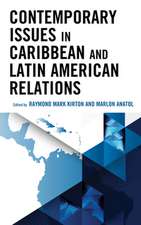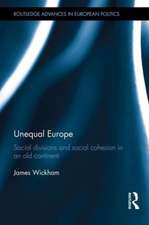Post-Imperium: A Eurasian Story
Autor Dmitri V. Treninen Limba Engleză Paperback – 29 iun 2011
The war in Georgia. Tensions with Ukraine and other nearby countries. Moscow's bid to consolidate its "zone of privileged interests" among the Commonwealth of Independent States. These volatile situations all raise questions about the nature of and prospects for Russia's relations with its neighbors.
In this book, Carnegie scholar Dmitri Trenin argues that Moscow needs to drop the notion of creating an exclusive power center out of the post-Soviet space. Like other former European empires, Russia will need to reinvent itself as a global player and as part of a wider community.
Trenin's vision of Russia is an open Euro-Pacific country that is savvy in its use of soft power and fully reconciled with its former borderlands and dependents. He acknowledges that this scenario may sound too optimistic but warns that the alternative is not a new version of the historic empire but instead is the ultimate marginalization of Russia.
In this book, Carnegie scholar Dmitri Trenin argues that Moscow needs to drop the notion of creating an exclusive power center out of the post-Soviet space. Like other former European empires, Russia will need to reinvent itself as a global player and as part of a wider community.
Trenin's vision of Russia is an open Euro-Pacific country that is savvy in its use of soft power and fully reconciled with its former borderlands and dependents. He acknowledges that this scenario may sound too optimistic but warns that the alternative is not a new version of the historic empire but instead is the ultimate marginalization of Russia.
Preț: 160.04 lei
Nou
Puncte Express: 240
Preț estimativ în valută:
30.62€ • 32.05$ • 25.49£
30.62€ • 32.05$ • 25.49£
Carte tipărită la comandă
Livrare economică 31 martie-14 aprilie
Preluare comenzi: 021 569.72.76
Specificații
ISBN-13: 9780870032486
ISBN-10: 0870032488
Pagini: 279
Ilustrații: maps
Dimensiuni: 152 x 229 x 18 mm
Greutate: 0.48 kg
Editura: Brookings Institution Press
Colecția Carnegie Endowment for Int'l Peace
ISBN-10: 0870032488
Pagini: 279
Ilustrații: maps
Dimensiuni: 152 x 229 x 18 mm
Greutate: 0.48 kg
Editura: Brookings Institution Press
Colecția Carnegie Endowment for Int'l Peace
Notă biografică
Dmitri Trenin is director of the Carnegie Moscow Center. From 1993 to 1997, Trenin held posts as a senior research fellow at the NATO Defense College in Rome and a senior research fellow at the Institute of Europe in Moscow. He is the author of Getting Russia Right (2007), Russia's Restless Frontier: The Chechnya Factor in Post-Soviet Russia (2004), and The End of Eurasia: Russia on the Border Between Geopolitics and Globalization (2002), all published by Carnegie.
Descriere
The war in Georgia. Tensions with Ukraine and other nearby countries. Moscow's bid to consolidate its "zone of privileged interests" among the Commonwealth of Independent States. These volatile situations all raise questions about the nature of and prospects for Russia's relations with its neighbors.
In this book, Carnegie scholar Dmitri Trenin argues that Moscow needs to drop the notion of creating an exclusive power center out of the post-Soviet space. Like other former European empires, Russia will need to reinvent itself as a global player and as part of a wider community.
Trenin's vision of Russia is an open Euro-Pacific country that is savvy in its use of soft power and fully reconciled with its former borderlands and dependents. He acknowledges that this scenario may sound too optimistic but warns that the alternative is not a new version of the historic empire but instead is the ultimate marginalization of Russia.
In this book, Carnegie scholar Dmitri Trenin argues that Moscow needs to drop the notion of creating an exclusive power center out of the post-Soviet space. Like other former European empires, Russia will need to reinvent itself as a global player and as part of a wider community.
Trenin's vision of Russia is an open Euro-Pacific country that is savvy in its use of soft power and fully reconciled with its former borderlands and dependents. He acknowledges that this scenario may sound too optimistic but warns that the alternative is not a new version of the historic empire but instead is the ultimate marginalization of Russia.
